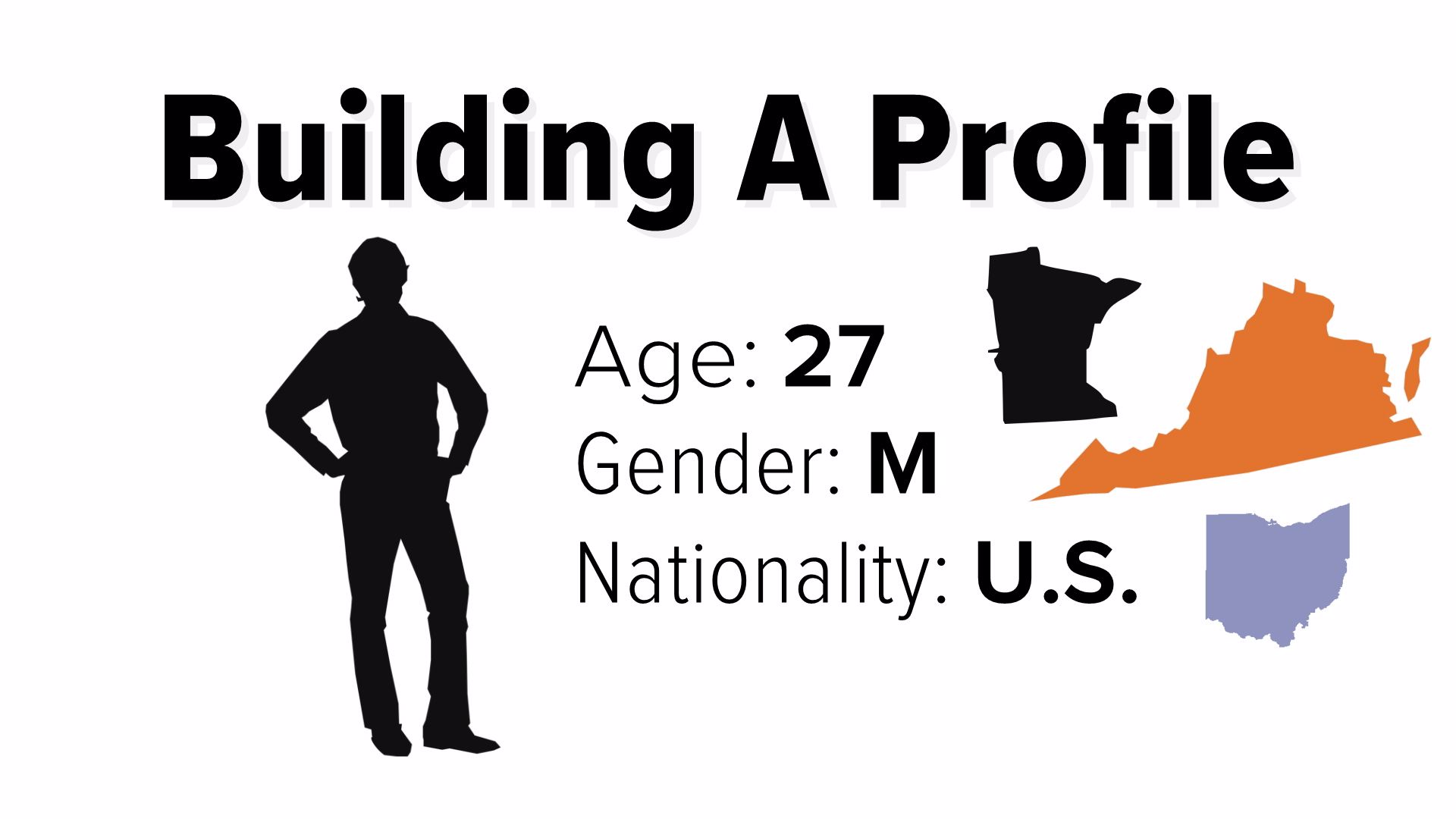It doesn't happen often, but over the years, hundreds of Americans have tried to leave the United States to join ISIS fighters in Iraq or Syria. A new report from The George Washington University's "Program on Extremism" is looking to build a profile of who these people are, and why they left.
"At the end of the day," said Bennet Clifford, a research fellow for the organization. "Regardless of what Terrorist group they joined, they are Americans. Like you and me, most of them came from the same neighborhoods as we do. Some of them were playing pick-up basketball on the same courts as you did growing up."

The report, "The Travelers: American Jihadists in Syria and Iraq," is the culmination of two years of work. The team of six researchers found 64 cases of Americans leaving their country behind. Many of them have been killed overseas or arrested, and sent back the United States.
"There's not a single profile," Clifford said. "But there are some common trends."
Between the years of 2011 and 2017, the average age of those who defected overseas was just 27, and approximately 90 percent of them were male. The research also found that 70-percent of them were either citizens or permanent residents at the time. The states with the highest rate of defectors were Minnesota, Ohio, and Virginia.

The research team found that Virginia had four defectors, and they were all from Northern Virginia. That included the high profile case of Muhammad Khweis, the young man from Alexandria, who joined ISIS in Northern Iraq. Eventually he left the ISIS "caliphate," and was arrested by the Kurds, before he was sent back to the U.S. for trial.

Why Did They Go?
The research broke down those who left into three categories: "Pioneers," "Network Travelers," and "Loners."
The "pioneers" were those with a skill set that made them desirable to ISIS, such as a military background, bomb-making abilities, or propaganda skills. They often traveled to these countries, and found great success in rising through the ranks.
The "Network Travelers" were those that often traveled in groups, and often pushed each other to join the terrorist organizations. Usually, these groups would just be two to three people, although it was far more in certain cases, such as in Minnesota.
The "Loners," were those who made the decision to travel overseas on their own. Often these individuals made connections with terrorist organizations online, and are radicalized at home. Clifford said that Khweis fell into this category.
Life After ISIS:
The research also identified some interesting trends on jail time.
On average, the sentence for someone who went overseas to support a group like ISIS was just ten years. The maximum punishment for "offering material support," to these organizations is 20 years. However, it often is lower because the evidence is limited, and their "intel" on ISIS might prove more valuable than throwing them in jail.
Bennett said it's important to "reform" these people while they are imprisoned since they will return to society in the next decade. He said these people remain a threat after prison.
"They are a wealth of knowledge," he said. "They are a wealth of experience. And a wealth of connections that can be used in mobilizing others to join Jihadist causes."
The report also showed that the bigger problem was not the defectors, but the homegrown terrorists that never leave. They identified 22 "Jihadist attacks," between 2011 and 2017, and said all of them were done by homegrown terrorists. Not a single one was done by somebody that left to fight for ISIS, and then returned.


